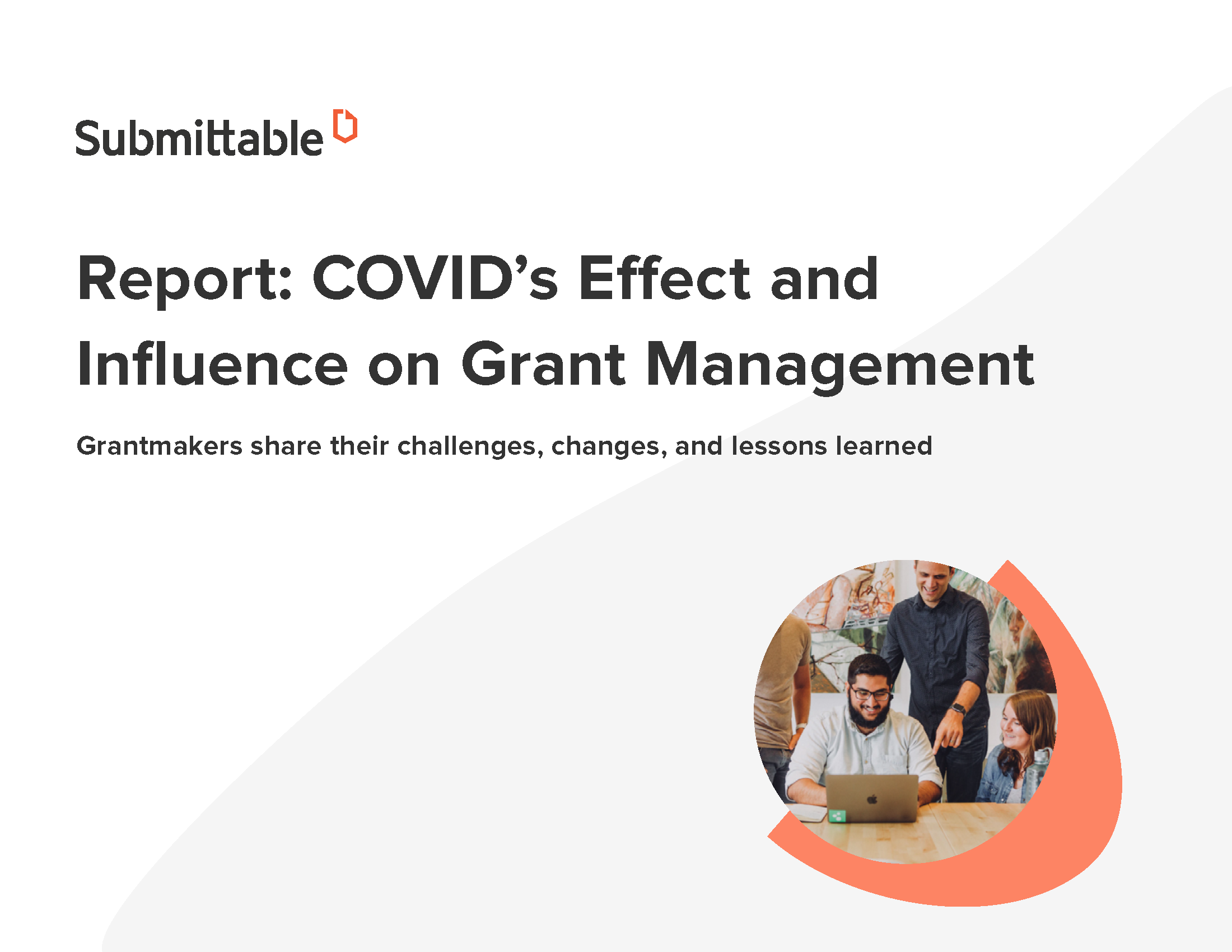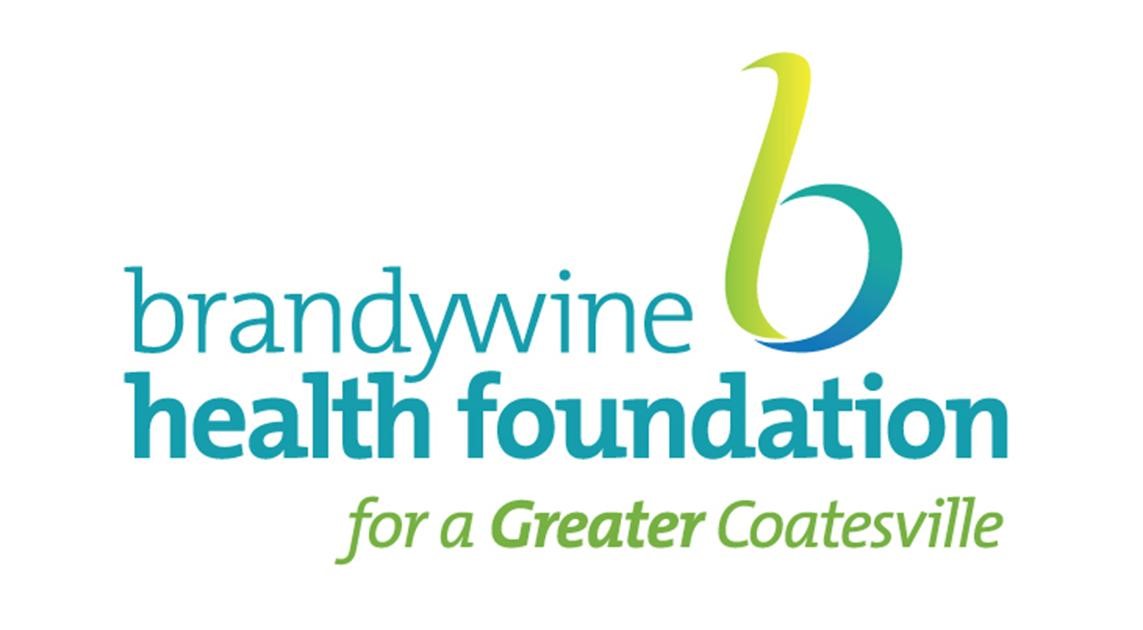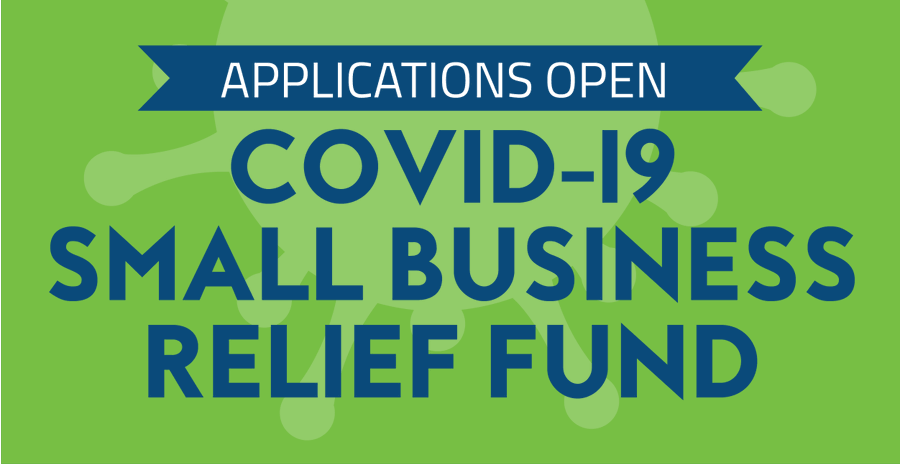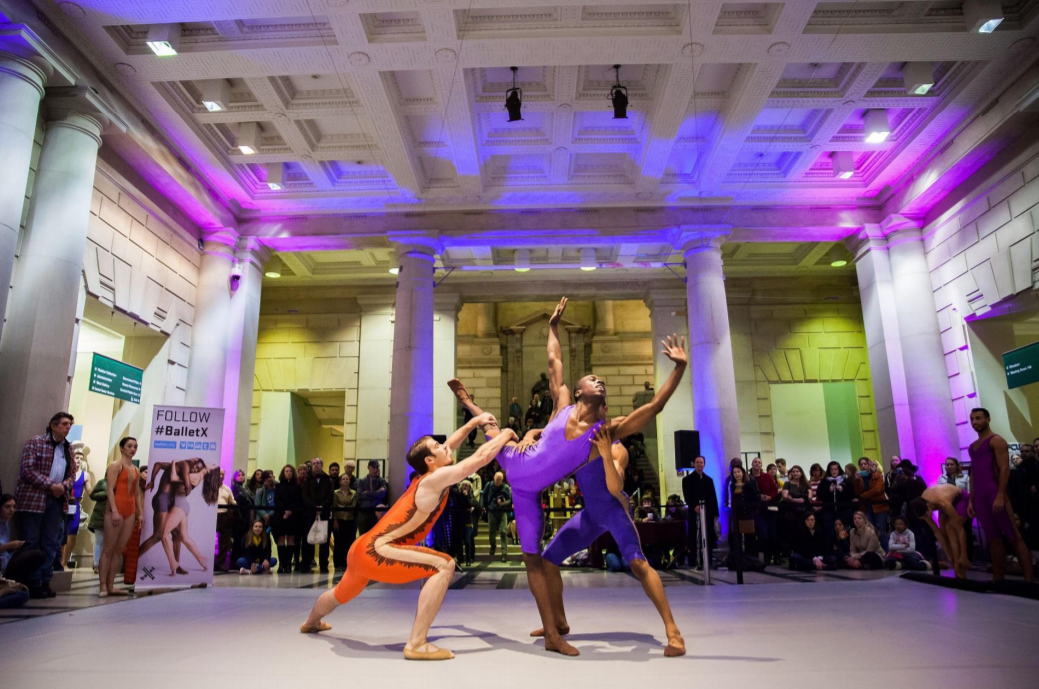COVID's Effect and Influence on Grant Management
As a result of COVID-19, grantmakers and foundations were faced with a mountain of challenges and changes. In this report, discover how over 100 funders overcame the difficulties of 2020, how they addressed COVID-19—and what their best practices are for emergency grants.





